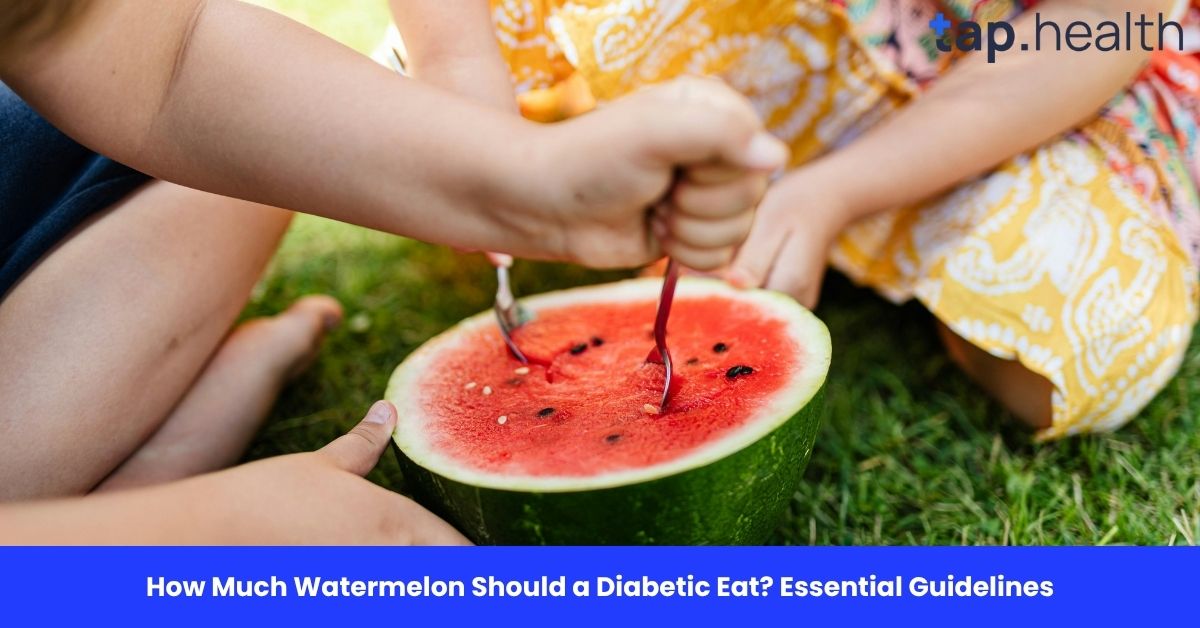Pregnancy is a transformative journey, but it often comes with discomforts like abdominal pain. While some aches are normal due to the body’s changes, others may signal serious conditions requiring immediate attention. Knowing the causes, symptoms, and treatment options for abdominal pain during pregnancy is vital for the health of both mother and baby. This blog explores the reasons behind abdominal discomfort, how to differentiate between normal and severe pain, and safe ways to manage it.
What Causes Abdominal Pain During Pregnancy?
Abdominal pain during pregnancy can stem from various physiological changes or underlying medical conditions. Below are the common causes and serious causes of abdominal discomfort, along with their symptoms and implications.
Common Causes of Abdominal Pain in Pregnancy
- Round Ligament Pain As the uterus expands, the round ligaments stretch, causing sharp or stabbing pain, especially in the second trimester. This pain is often felt on one or both sides of the lower abdomen and worsens with sudden movements like coughing or standing quickly.
- Braxton Hicks Contractions Often called “practice contractions,” Braxton Hicks are irregular, mild cramps that prepare the uterus for labor. They typically occur in the third trimester and are harmless but can cause discomfort.
- Gas and Bloating Hormonal changes, particularly increased progesterone, slow digestion, leading to gas and bloating. This can cause cramping or a feeling of fullness in the abdomen.
- Constipation Pregnancy hormones can slow bowel movements, resulting in constipation, which causes abdominal cramping. A fiber-rich diet and hydration can help alleviate this.
- Urinary Tract Infections (UTIs) UTIs are common in pregnancy and can cause lower abdominal pain, a burning sensation during urination, and frequent urges to urinate. Prompt treatment is essential to prevent complications.
Serious Causes of Abdominal Pain in Pregnancy
- Ectopic Pregnancy This occurs when a fertilized egg implants outside the uterus, often in a fallopian tube. It causes sharp, one-sided abdominal pain and may be accompanied by vaginal bleeding. Ectopic pregnancy is a medical emergency requiring immediate care.
- Placental Abruption When the placenta detaches from the uterine wall before delivery, it causes severe abdominal pain and vaginal bleeding. This is a critical condition that endangers both mother and baby.
- Preterm Labor Regular contractions accompanied by abdominal pain before 37 weeks may indicate preterm labor. This requires urgent medical intervention to prevent premature birth.
- Preeclampsia This condition, marked by high blood pressure, can cause upper abdominal pain, headaches, and vision changes. It typically occurs after 20 weeks and requires immediate medical attention.
- Appendicitis or Gallstones Though rare, appendicitis or gallstones can cause severe abdominal pain during pregnancy. Symptoms like fever, nausea, or worsening pain necessitate prompt evaluation.
How to Differentiate Normal vs. Serious Abdominal Pain
Understanding whether abdominal pain is normal or a cause for concern is crucial for pregnant women. Normal pain is typically mild, short-lived, and linked to physical changes like ligament stretching or Braxton Hicks contractions. Serious pain, however, is persistent, severe, or accompanied by symptoms like:
- Fever or chills
- Vaginal bleeding or abnormal discharge
- Reduced fetal movement (especially after 28 weeks)
- Regular contractions before 37 weeks
- Painful or burning urination
- Severe headaches or vision changes
If any of these symptoms occur, contact a healthcare provider immediately. Trusting your instincts and seeking timely medical advice can prevent complications.
Managing Abdominal Pain: Lifestyle Adjustments
For mild abdominal pain, simple lifestyle changes can provide relief without medical intervention. Here are some effective strategies:
- Maintain Good Posture Proper posture reduces strain on ligaments and muscles. Avoid sudden movements and use supportive pillows or maternity belts for added comfort.
- Apply Heat or Cold Therapy A warm compress or heating pad can relax sore muscles, while a cold pack may reduce inflammation. Always follow your doctor’s guidance to ensure safety.
- Stay Hydrated and Eat Fiber Drinking plenty of water and consuming fiber-rich foods like fruits, vegetables, and whole grains can prevent constipation and reduce bloating.
- Practice Gentle Exercise Prenatal yoga or light stretching, as approved by your doctor, can improve circulation and ease muscle tension. Avoid strenuous activities that may worsen pain.
- Rest and Elevate Your Legs Resting with your legs elevated can reduce pressure on the abdomen and alleviate discomfort caused by ligament stretching or swelling.
Safe Medications for Abdominal Pain in Pregnancy
When lifestyle changes aren’t enough, certain medications may be safe for managing abdominal pain, but always consult a healthcare provider first. Common options include:
- Acetaminophen (Tylenol) This over-the-counter pain reliever is generally safe for pregnant women when taken as directed. It can help with mild pain or discomfort.
- Antacids For heartburn or indigestion-related pain, antacids can neutralize stomach acid and provide relief. Check with your doctor for recommended brands.
- Fiber Supplements If constipation is the culprit, fiber supplements like psyllium husk may help regulate bowel movements and reduce cramping.
Never take any medication, including over-the-counter options, without consulting your healthcare provider to ensure it’s safe for you and your baby.
Medical Treatments for Severe Abdominal Pain
For severe or persistent pain, medical intervention may be necessary. Depending on the cause, treatments may include:
- Prescription Medications: Antibiotics for UTIs or other medications to address specific conditions like preeclampsia.
- Surgical Intervention: In cases of appendicitis, gallstones, or ectopic pregnancy, surgery may be required. Early diagnosis improves outcomes for both mother and baby.
- Hospitalization: Conditions like preterm labor or placental abruption may require monitoring or delivery to protect the baby.
Regular prenatal checkups and open communication with your healthcare provider are essential for timely diagnosis and treatment.
When to Seek Immediate Medical Help
Certain symptoms warrant urgent medical attention. Contact your doctor or visit the emergency room if you experience:
- Severe or persistent abdominal pain
- Vaginal bleeding or leaking amniotic fluid
- Regular contractions before 37 weeks
- Reduced fetal movement
- Fever, chills, or severe nausea
- Painful urination or abnormal discharge
- Severe headaches, dizziness, or vision changes
Prompt action can prevent complications and ensure the safety of both mother and baby.
FAQs About Abdominal Pain in Pregnancy
1. Is abdominal pain normal during pregnancy?
Yes, mild abdominal pain is common due to changes like uterine growth, ligament stretching, and hormonal shifts. However, severe or persistent pain should be evaluated by a healthcare provider.
2. What are the most common causes of abdominal pain in pregnancy?
Common causes include round ligament pain, Braxton Hicks contractions, gas, bloating, constipation, and UTIs. Serious causes like ectopic pregnancy or placental abruption require immediate attention.
3. What can a pregnant woman take for stomach pain?
Safe options like acetaminophen, antacids, or fiber supplements may help, but always consult a healthcare provider before taking any medication.
4. What are the three main types of abdominal pain in pregnancy?
The three primary types are round ligament pain, Braxton Hicks contractions, and pain from UTIs or constipation. Severe pain may indicate serious conditions requiring medical care.
Conclusion
Abdominal pain during pregnancy is often a normal part of the body’s changes, but it’s essential to recognize when it signals something more serious. By understanding the causes—ranging from harmless round ligament pain to critical conditions like ectopic pregnancy—expecting mothers can take proactive steps to manage discomfort. Lifestyle adjustments, safe medications, and timely medical care can ensure a healthy pregnancy. Always maintain open communication with your healthcare provider and trust your instincts if something feels wrong. Regular prenatal checkups are key to safeguarding the health of both mother and baby.



